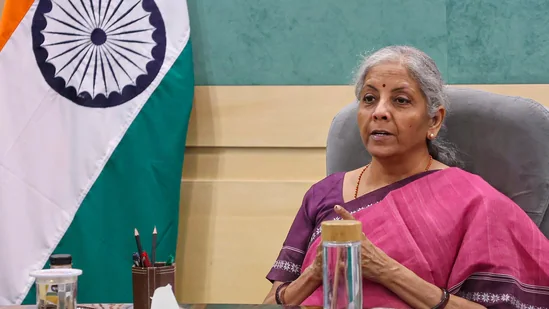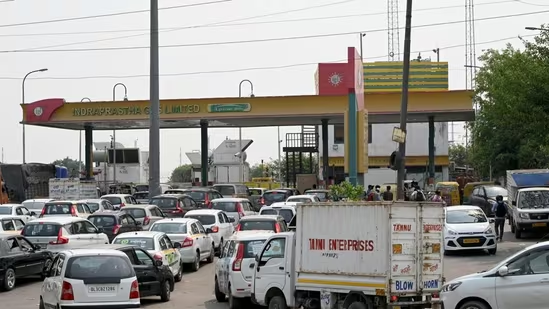Finance Minister Nirmala Sitharaman unveiled significant reforms and decisions following the 53rd GST Council meeting, held on Saturday. Among the major announcements, the introduction of biometric-based Aadhaar authentication to curb fake invoicing stood out as a pivotal measure to enhance tax compliance.
“In a move to combat fraudulent input tax credit claims through fake invoices, we are rolling out biometric-based Aadhaar authentication nationwide,” Sitharaman stated during the post-meeting briefing.
Here are the key highlights from the GST Council meeting:
- Extension of Return Filing Deadline: The Council recommended extending the deadline for small taxpayers to submit their returns from April 30 to June 30, starting from the financial year 2024-25.
- Waiver of Interest and Penalties: Interest and penalties on demand notices issued under Section 73 of the GST Act, excluding cases of fraud, suppression, or misstatement, will be waived.
- Exemption for Indian Railways: Services provided by Indian Railways, such as platform tickets, are now exempted from GST.
- Relief Measures for Taxpayers: Sitharaman emphasized that the decisions taken aimed at easing compliance burdens and providing relief to traders, MSMEs, and taxpayers.
- Retrospective Amendment: The Council recommended retrospective amendment from July 1, 2017, allowing the time limit to avail input tax credit in respect of invoices or debit notes under section 16(4) of the CGST Act filed up to November 30, 2021, to be deemed extended to 2011-2021.
- Monetary Limits for Appeals: To streamline litigation, monetary limits were set for filing appeals by the department: ₹20 lakh for GST Appellate Tribunal, ₹1 crore for High Court, and ₹2 crore for Supreme Court.
- Reduction in Pre-deposit Amounts: The maximum pre-deposit for filing appeals before the appellate authority was reduced from ₹25 crore CGST and ₹25 crore SGST to ₹20 crore each.
- Amendment in Appeal Filing Period: Amendments were proposed in the CGST Act to specify that the three-month period for filing appeals in the GST Appellate Tribunal would start from a date notified by the government.
These reforms underscore the GST Council’s efforts towards simplifying tax procedures, enhancing transparency, and reducing litigation, benefiting businesses and taxpayers across India.











